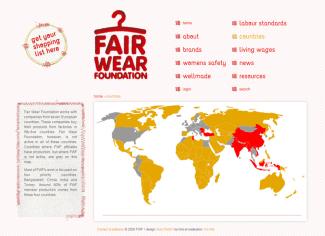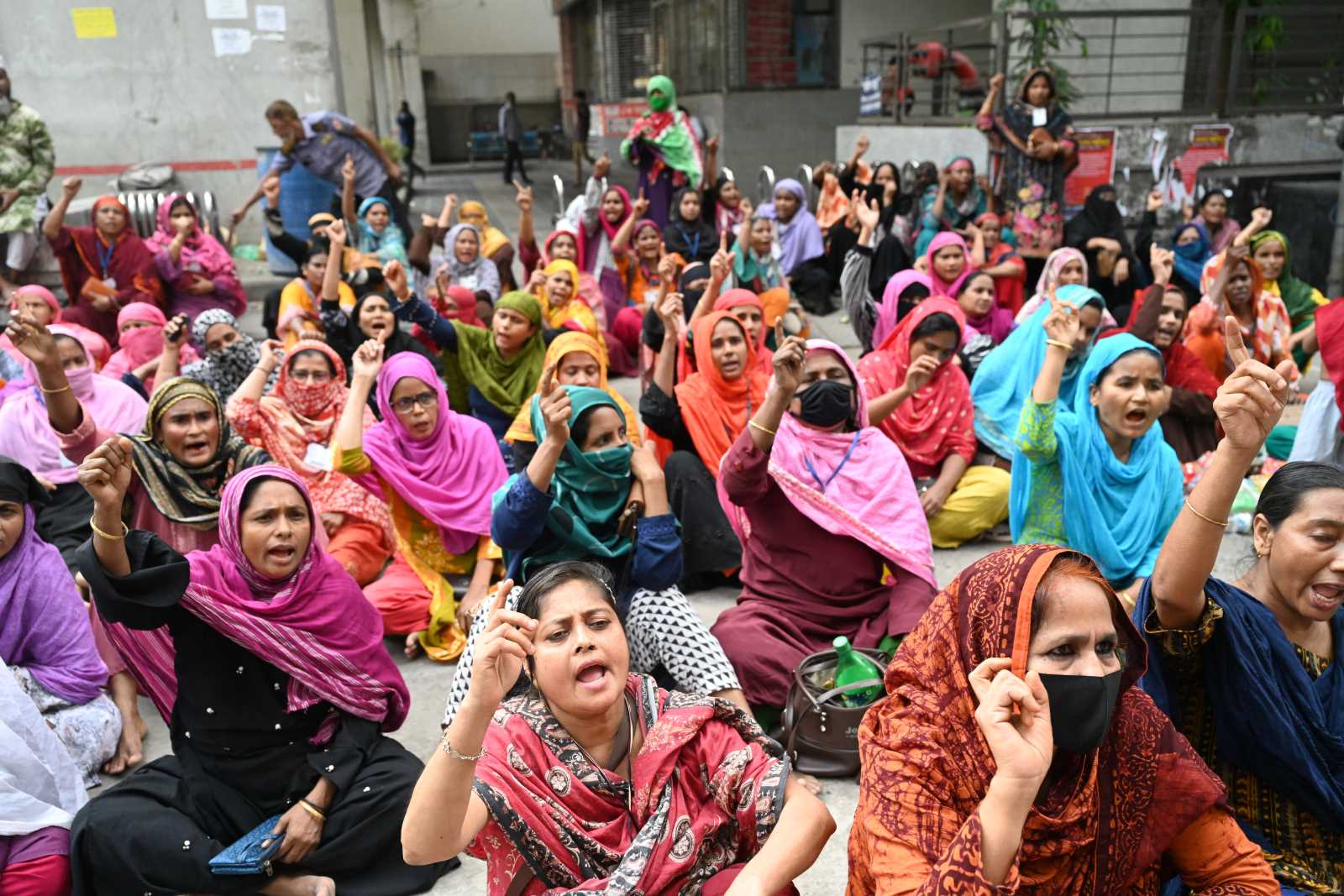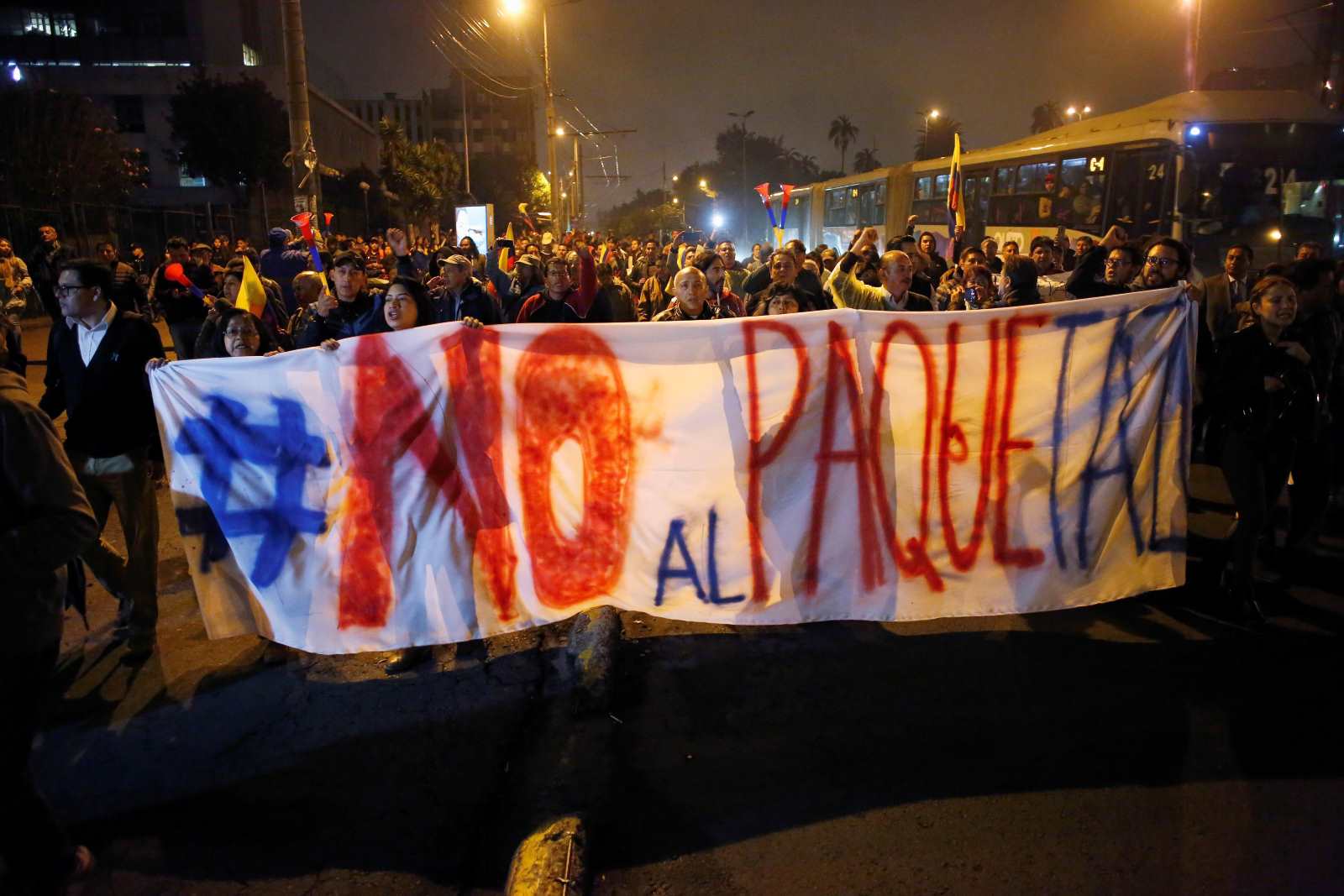Garment production
Niche market: fair trade

Not all certification systems actually refer to the clothes being produced in fair conditions. For example, the Fair Wear Foundation obliges companies to improve the conditions in their production lines, but to find out whether the companies have made any progress in that respect, consumers must check the Fair Wear Foundation’s website. On the upside, the Foundation publishes annual reports on companies’ compliance and makes them available to the global public.
The well-known Fair Trade label, on the other hand, only indicates that the cotton has been produced in an ethically acceptable setting. It does not say anything about processing and garment production. The cotton producers are guaranteed a minimum price, which improves labour conditions and standards of living for small farmers and workers on cotton plantations. The Clean Clothes Campaign therefore appreciates the label as an indication of “fair working conditions in the process of cotton harvesting”.
Items with some kind of fairness label are mostly produced in better conditions than those marketed by large retail chains. However, only a small fraction of consumers buy fair goods. One reason is that they do not know about the troubles in the supply chain. A second reason is that fair brands normally cannot rely on the kind of fancy shop infrastructure that consumers enjoy in the outlets that sell the major fashion brands. So long as fair trade stays a niche market, however, it cannot drive the comprehensive improvement of working conditions in the garment industry.
Link
Different labels for garments:
http://www.saubere-kleidung.de/images/05_pdf/2014/2014-03-30_Flyer-Siegel.pdf











